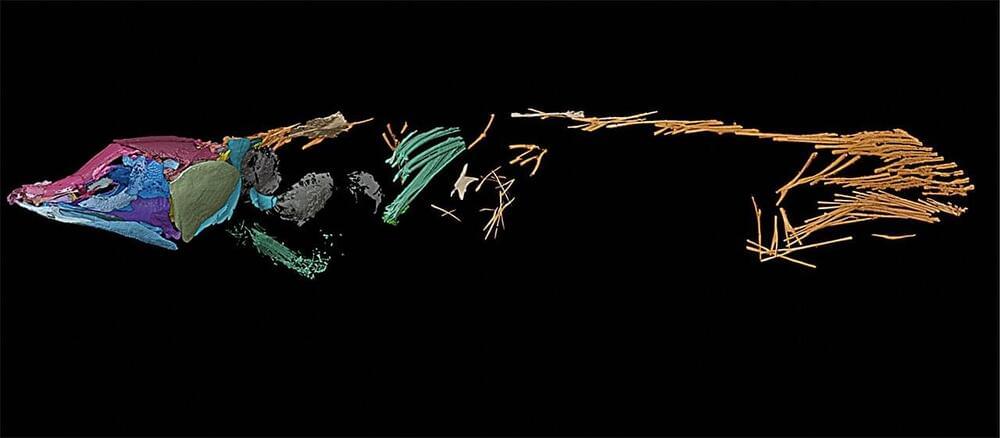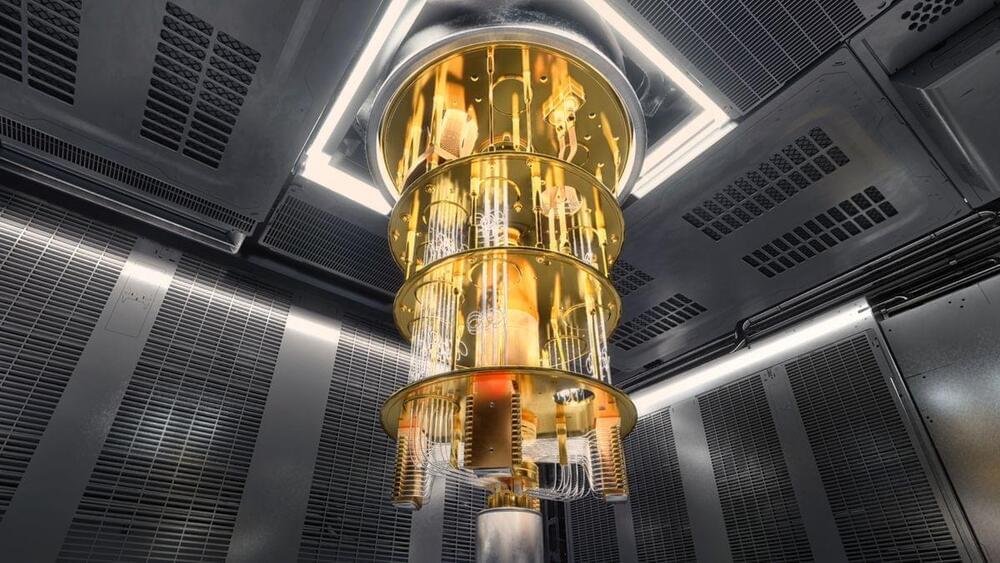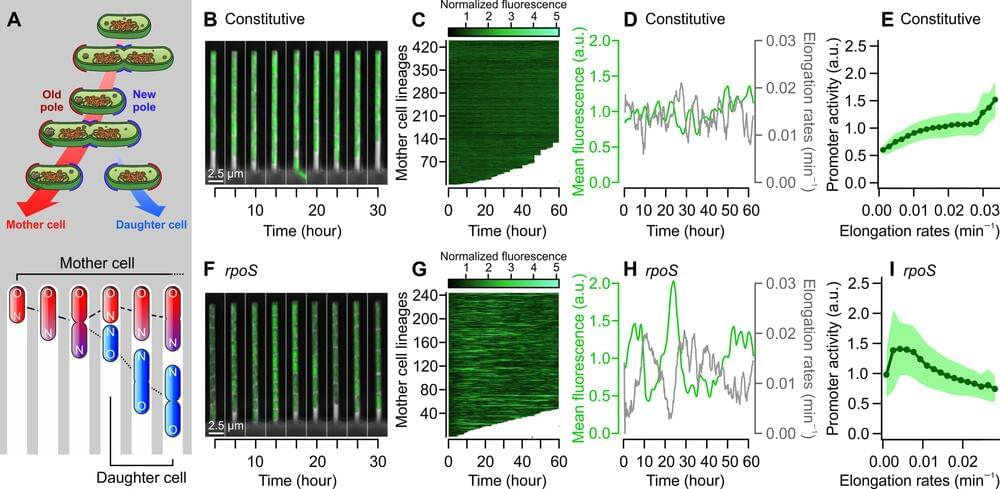Nov 12, 2024
New Clues to the Formation of Outer Planets from Ryugu’s Ancient Grains
Posted by Laurence Tognetti, Labroots Inc. in categories: particle physics, space
“We’re showing that, everywhere we look now, there was some sort of magnetic field that was responsible for bringing mass to where the sun and planets were forming,” said Dr. Benjamin Weiss.
What can dust grains that were returned to Earth from the asteroid Ryugu teach scientists about the early solar system? This is what a recent study published in AGU Advances hopes to address as an international team of researchers led by the Massachusetts Institute of Technology (MIT) investigated how dust grains from the asteroid Ryugu that returned to Earth by Japan’s Hayabusa2 mission could help unlock secrets of the early solar system, specifically regarding the formation of the gas giants that orbit beyond the asteroid belt.
For the study, the researchers analyzed three dust grain particles for evidence of magnetic fields that might have existed when Ryugu first formed billions of years ago. In the end, they found that the particles displayed an ancient magnetic field equal to 15 microtesla, which is 30 percent of the Earth’s current magnetic field at 50 microtesla. Despite this decrease, the researchers hypothesize that this could be powerful enough to allow matter in the early solar system to coalesce, known as accretion, to form the asteroids and possibly the gas giants that orbit in the outer solar system approximately 4.6 billion years ago.
Continue reading “New Clues to the Formation of Outer Planets from Ryugu’s Ancient Grains” »


















